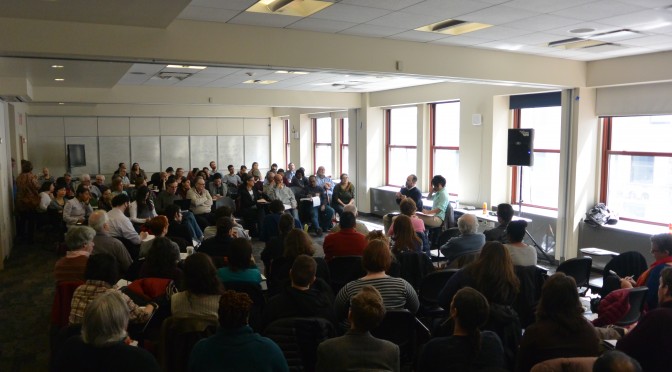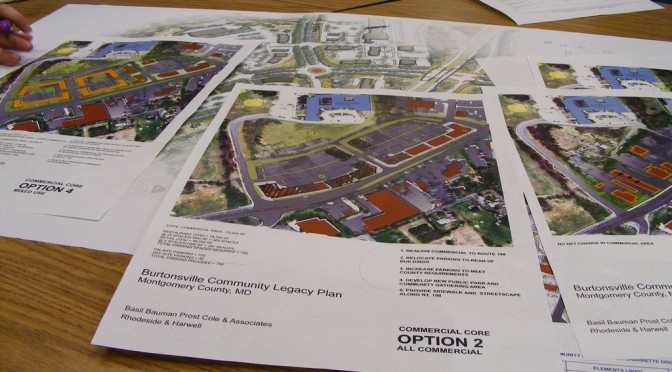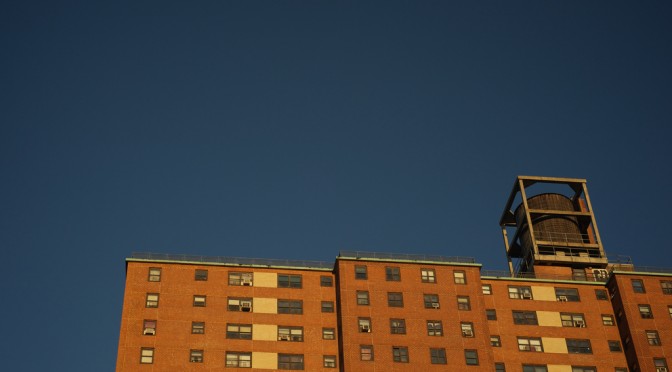By Kafui Attoh
 Roughly two years ago, I came across a really great book that I think deserves a plug: Yuppies Invade my House at Dinnertime: a tale of brunch, bombs and gentrification in an American City. Published in 1987 and edited by Joseph Barry and John Deravlany, the book offers a compelling look at Hoboken’s transformation in the late 1980s.
Roughly two years ago, I came across a really great book that I think deserves a plug: Yuppies Invade my House at Dinnertime: a tale of brunch, bombs and gentrification in an American City. Published in 1987 and edited by Joseph Barry and John Deravlany, the book offers a compelling look at Hoboken’s transformation in the late 1980s.
Most compelling is the book’s format. The book is little more than a collection of letters printed in the editorial page of The Hoboken Reporter. Written by locals, displaced “yorkies,” gentrifiers and the begrudgingly gentrified, the letters are impassioned, angry, spiteful, nostalgic, triumphant, cringe-inducing and often deeply amusing. More than anything, they give the reader a visceral sense of both the promise and the costs of the city’s so-called “renaissance.” Continue reading Yuppies Invade my House at Dinnertime: A Classic!





